A Central Washington apple, cherry and pear grower debarred by the federal government from hiring temporary foreign workers is choosing to sell his family’s farm, even though he denies wrongdoing.
In late July, the U.S. Department of Labor issued Welton Orchards and Storage of East Wenatchee a three-year debarment from the H-2A visa program for allegedly threatening workers, maintaining unsafe living conditions and not paying all visa and travel costs.
When reached by Good Fruit Grower, CEO Gene Welton either denied the accusations, blamed them on his labor contractors or called them a difference in regulatory interpretation. However, he has decided to sell the property and operation due to the anticipated costs of challenging the allegations, as well as the fruit industry’s current economic struggles.
“The worker can get all the free lawyers they want,” Welton said, “… the employer has nothing to back him.”
In a news release, the U.S. Department of Labor accused Welton Orchards of the following:
—Failing to meet safety and health requirements for housing, including having mattresses on the floor and not having working smoke detectors.
—Not paying workers for inbound and outbound transportation from their home countries.
—Not offering work hours detailed in contracts.
—Not offering positions to U.S. workers during recruiting.
—Not paying visa fees.
—Threatening in “abusive and offensive language” to send workers back to Mexico.
The Labor Department fined Welton Orchards $64,120 for the “egregious nature” of the violations and recovered $7,485 in unpaid wages for 26 employees.
The Northwest Justice Project, the state’s largest publicly funded legal aid program, aided the investigation.
Welton said one worker put his mattress on the floor because he preferred it to sleeping on the bottom bunk, while the employees disabled or took down the fire alarms while they cooked smoky food. He suspects his employees were not truthful with Department of Labor investigators about those issues.
Welton said he offered workers the contracted hours over the course of the contract, some weeks more, some weeks less. The investigators viewed each week’s hours separately, he said.
Welton did pay all visa fees, he said, while his agents did not tell him he had to write individual letters to previous domestic employees offering them work.
As for transportation costs, the employees in question quit their jobs, collected their paychecks and left, he said, some after less than a week at his farm. “As far as I’m concerned, they didn’t finish the contract,” Welton said.
Welton, a second-generation orchardist, used H-2A labor for six years, the first year through wafla, the Olympia, Washington, nonprofit that facilitates the bulk of the state’s H-2A contracts. He has had two agents since then but declined to name them.
Last year, he was scheduled to have 24 H-2A workers but ended up with 12, he said. He has not attempted to hire any H-2A workers this year.
“Anybody that’s a small farmer and is going to use them, be careful, because they’ll get you,” Welton said. “That’s my word of warning to these small growers. They’re going to find everything they can to nail you.”
After the Labor Department announcement, wafla issued a statement to its members reminding them of the high regulatory and public image stakes involved with foreign temporary workers.
“Our industry is under a regulatory and public relations microscope,” the statement said.
Wafla represented Welton Orchards in 2017 but did not continue after that year’s contract, said CEO Enrique Gastelum in a separate email with Good Fruit Grower. Privacy agreements between the organization and grower clients prevented him from discussing why, Gastelum said.
The organization did not know the veracity of the Labor Department’s accusations, Gastelum said.
“The allegations are very serious if they are true,” Gastelum said. “And even if they are not fully true, there is something that was going on at this workplace that got the workers to speak up. Sometimes the smallest issues end up stacking up and then they lead to issues like this that become major and put farms in a poor public light.”
—by Ross Courtney

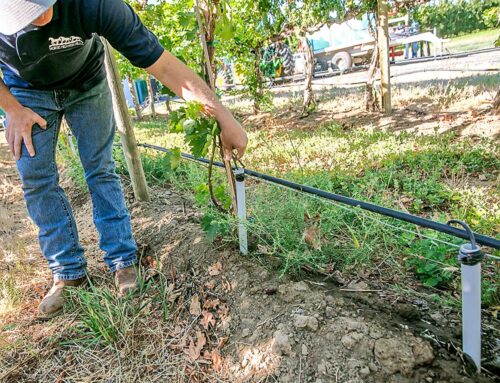
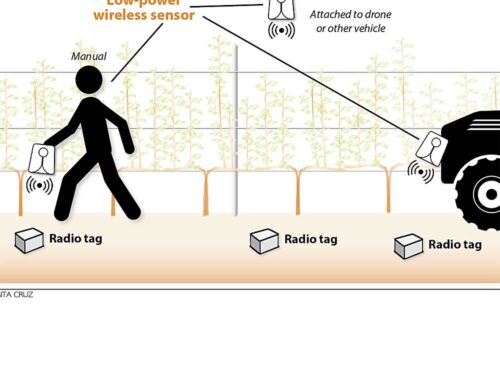
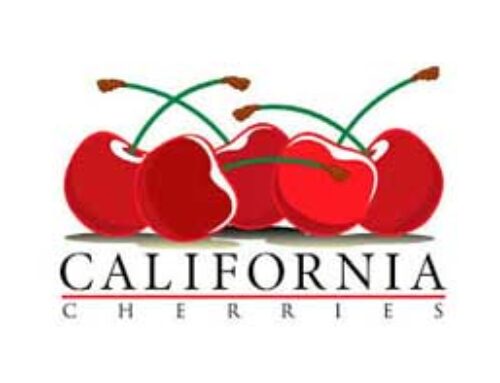
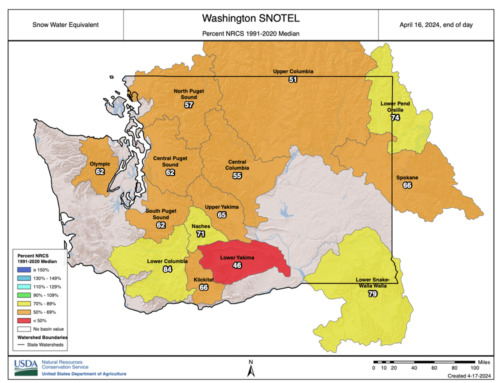
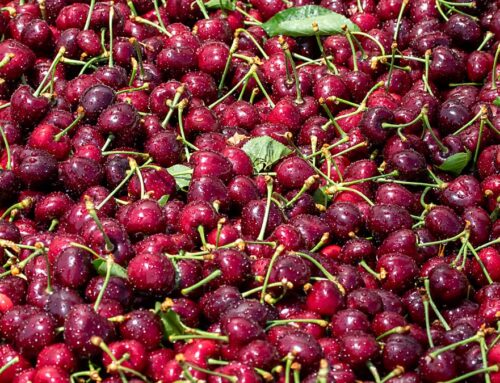
Leave A Comment